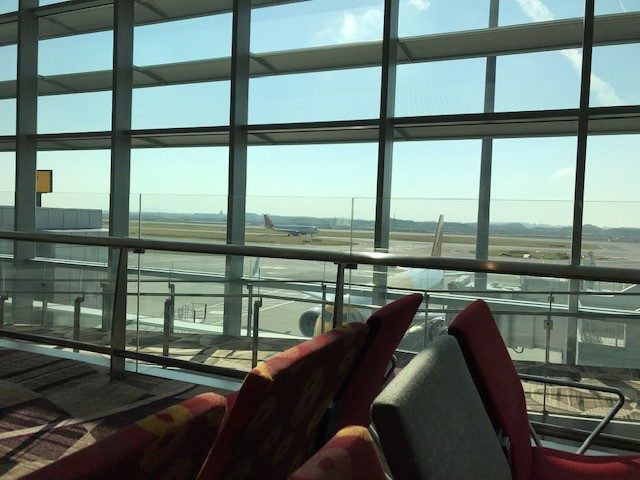Singapore-based Cargo Community Network (CCN), provider of cargo community systems for the air cargo industry, has partnered with Microsoft to introduce the world’s first blockchain-based air cargo billing, costing and reconciliation system.
Launched at the 13th International Air Transport Association (IATA) World Cargo Symposium in Singapore, the system aims to transform air cargo billing processes, minimize billing discrepancies, accelerate billing reconciliation, and provide near real-time revenue recognition so as to enhance efficiency for airlines, cargo agents and freight forwarders involved in the entire supply chain.
CCN’s blockchain-based air cargo billing, costing and reconciliation system was launched following a hackathon organized by Microsoft and CCN, and a two-month proof-of-concept involving airline partners and freight forwarders such as Singapore Airlines, SATS Ltd., Alliance21, and Bolloré.
CCN leverages Microsoft’s fully managed blockchain service on Azure, the cloud computing service of Microsoft which offers an additional shared data layer among all parties involved in the supply chain, to deliver a single immutable source of information for air cargo shipment rates (computed and updated directly to blockchain), shipment details and billing processes via blockchain, with real-time updates provided by stakeholders.
“The typical air cargo billing, costing and reconciliation process can involve many stakeholders along the entire supply chain. These processes are also very manual, manpower-intensive and prone to error. By using blockchain on Microsoft Azure, not only does this shorten the billing cycle from up to three weeks to a matter of hours, it can also reduce discrepancies, while enabling greater accountability and visibility across the entire supply chain,” CCN chief executive officer Teow Boon Ling said in a statement.
Before CCN introduced the blockchain-based air cargo billing, costing and reconciliation system, its air partners faced a number of challenges, including a long wait for post-shipment billing of up to three weeks after the air cargo flight has departed; laborious process to check the complicated freight rating rules to be applied for every shipment; and tedious reconciliation by airlines and freight forwarders as the process involves shipments that happened weeks ago.
In addition, CCN’s partners had to engage with multiple parties to complete the air cargo billing process. The entire process—from requesting for rates to billing and reconciliation—can take up to a few weeks.
By using blockchain on Azure, CCN said stakeholders in the supply chain can now retrieve information from a single source in real time, including shipment details from the flight manifest (FFM), freight status update (FSU) and airway bill (FWB) to facilitate downstream billing and costing processes. Airlines and freight forwarders can also update their shipments and compute charges in real time through the built-in smart contract feature for upfront reconciliation.
This provides timely financial information to stakeholders while enabling greater agility in revenue recognition, decision-making, risk management and customer service.
“In the competitive air cargo industry where speed and efficiency are key differentiators, technology can play an important role to enable greater operational efficiency across the entire supply chain,” Microsoft Singapore managing director Kevin Wo said.









